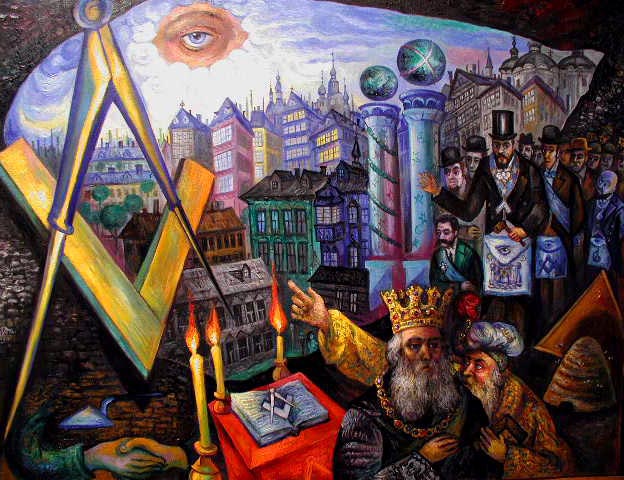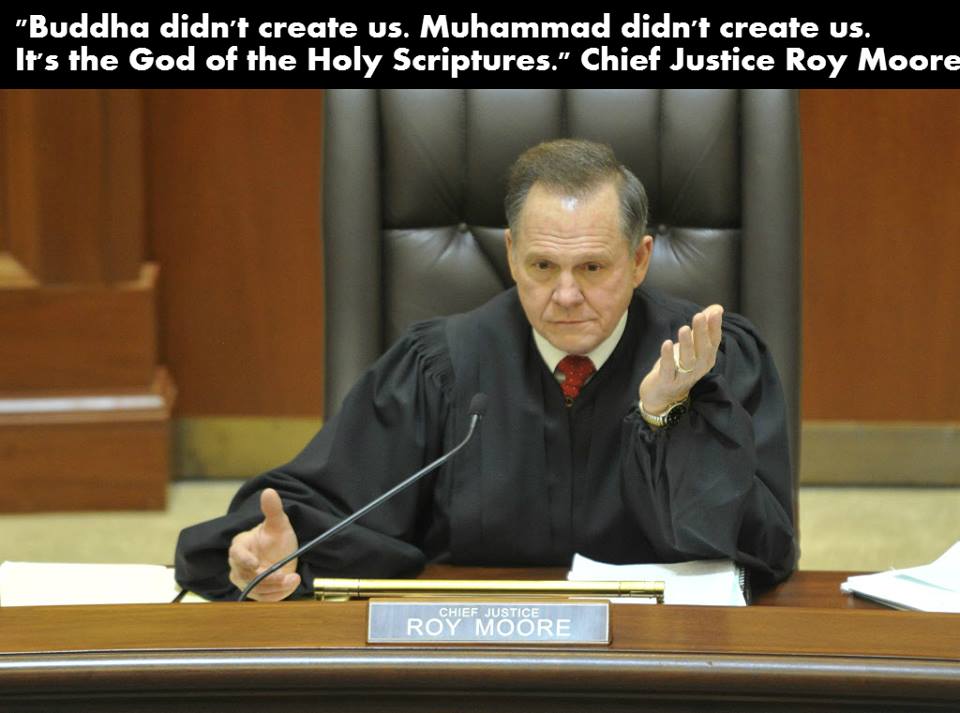p. 352
AMONG most of the Ancient Nations there was, in addition to their public worship, a private one styled the Mysteries; to which those only were admitted who had been prepared by certain ceremonies called initiations.
The most widely disseminated of the ancient worships were those of Isis, Orpheus, Dionusos, Ceres and Mithras. Many barbarous nations received the knowledge of the Mysteries in honor of these divinities from the Egyptians, before they arrived in Greece; and even in the British Isles the Druids celebrated those of Dionusos, learned by them from the Egyptians.
The Mysteries of Eleusis, celebrated at Athens in honor of Ceres, swallowed up, as it were, all the others. All the neighboring nations neglected their own, to celebrate those of Eleusis; and in a little while all Greece and Asia Minor were filled with the Initiates. They spread into the Roman Empire, and even beyond its limits, “those holy and august Eleusinian Mysteries,” said Cicero, “in which the people of the remotest lands are initiated.” Zosimus says that they embraced the whole human race; and Aristides termed them the common temple of the whole world.
There were, in the Eleusinian feasts, two sorts of Mysteries, the great, and the little. The latter were a kind of preparation for the former; and everybody was admitted to them. Ordinarily there was a novitiate of three, and sometimes of four years.
Clemens of Alexandria says that what was taught in the great Mysteries concerned the Universe, and was the completion and perfection of all instruction; wherein things were seen as they were, and nature and her works were made known.
The ancients said that the Initiates would be more happy after death than other mortals; and that, while the souls of the Profane on leaving their bodies, would be plunged in the mire, and remain buried in darkness, those of the Initiates would fly to the Fortunate Isles, the abode of the Gods.
p. 353
Plato said that the object of the Mysteries was to re-establish the soul in its primitive purity, and in that state of perfection which it had lost. Epictetus said, “whatever is met with therein has been instituted by our Masters, for the instruction of man and the correction of morals.”
Proclus held that initiation elevated the soul, from a material, sensual, and purely human life, to a communion and celestial intercourse with the Gods; and that a variety of things, forms, and species were shown Initiates, representing the first generation of the Gods.
Purity of morals and elevation of soul were required of the Initiates. Candidates were required to be of spotless reputation and irreproachable virtue. Nero, after murdering his mother, did not dare to be present at the celebration of the Mysteries: and Antony presented himself to be initiated, as the most infallible mode of proving his innocence of the death of Avidius Cassius.
The Initiates were regarded as the only fortunate men. “It is upon us alone,” says Aristophanes, “shineth the beneficent day-star. We alone receive pleasure from the influence of his rays; we, who are initiated, and who practise toward citizen and stranger every possible act of justice and piety.” And it is therefore not surprising that, in time, initiation came to be considered as necessary as baptism afterward was to the Christians; and that not to have been admitted to the Mysteries was held a dishonor.
“It seems to me,” says the great orator, philosopher, and moralist, Cicero, “that Athens, among many excellent inventions, divine and very useful to the human family, has produced none comparable to the Mysteries, which for a wild and ferocious life have substituted humanity and urbanity of manners. It is with good reason they use the term initiation; for it is through them that we in reality have learned the first principles of life; and they not only teach us to live in a manner more consoling and agreeable, but they soften the pains of death by the hope of a better life hereafter.”
Where the Mysteries originated is not known. It is supposed that they came from India, by the way of Chaldæa, into Egypt, and thence were carried into Greece. Wherever they arose, they were practised among all the ancient nations; and, as was usual, the Thracians, Cretans, and Athenians each claimed the honor of

Moe is the founder of GnosticWarrior.com. He is a father, husband, author, martial arts black belt, and an expert in Gnosticism, the occult, and esotericism.





